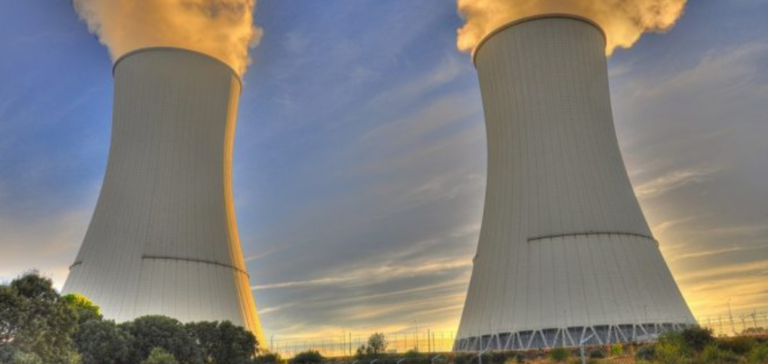Qatar, in collaboration with the International Atomic Energy Agency (IAEA), is embarking on a new era of nuclear development focused on peace and development. With IAEA approval, Qatar will launch three major national projects in January 2024, scheduled for completion in 2027. In addition, these initiatives include technical cooperation in cancer diagnosis, particularly in children, the fight against certain animal diseases, and the management of natural radioactive waste from oil and gas extraction.
NORM regulatory update in Qatar
Abdul Hadi Nasser Al Marri, Deputy Undersecretary for Environmental Affairs at MoECC, announced at a press conference that the Department of Radiation and Chemical Protection would be updating its 2013 NORM regulations. This update aims to improve the safety of oil industry workers and prevent exposure to NORM.
Qatar-IAEA collaboration in Agriculture and Food Safety
Al Marri highlighted the varied cooperation between Qatar and the IAEA, which has led to the launch of several national projects in the fields of agriculture, food safety against radioactive pollutants, and medicine.
ISO 17025 accreditation for Qatar’s Central Food Control Laboratory
The partnership between Qatar and the IAEA has also helped Qatar’s Central Food Control Laboratory achieve ISO 17025 accreditation, guaranteeing the safety of imported food and drinking water against radioactive contaminants.
In a tense regional context, Qatar has consistently called on Israel to ratify the Treaty on the Non-Proliferation of Nuclear Weapons and place its nuclear programs under IAEA supervision, underlining the crucial role of nuclear diplomacy in regional security.
Qatar’s initiatives with the IAEA represent a significant step forward in the peaceful use of nuclear energy, highlighting the country’s commitment to public health, environmental safety and nuclear diplomacy. These projects, together with the emphasis on monitoring regional nuclear programs, sketch out a future in which nuclear power serves as a catalyst for development and peace.






















